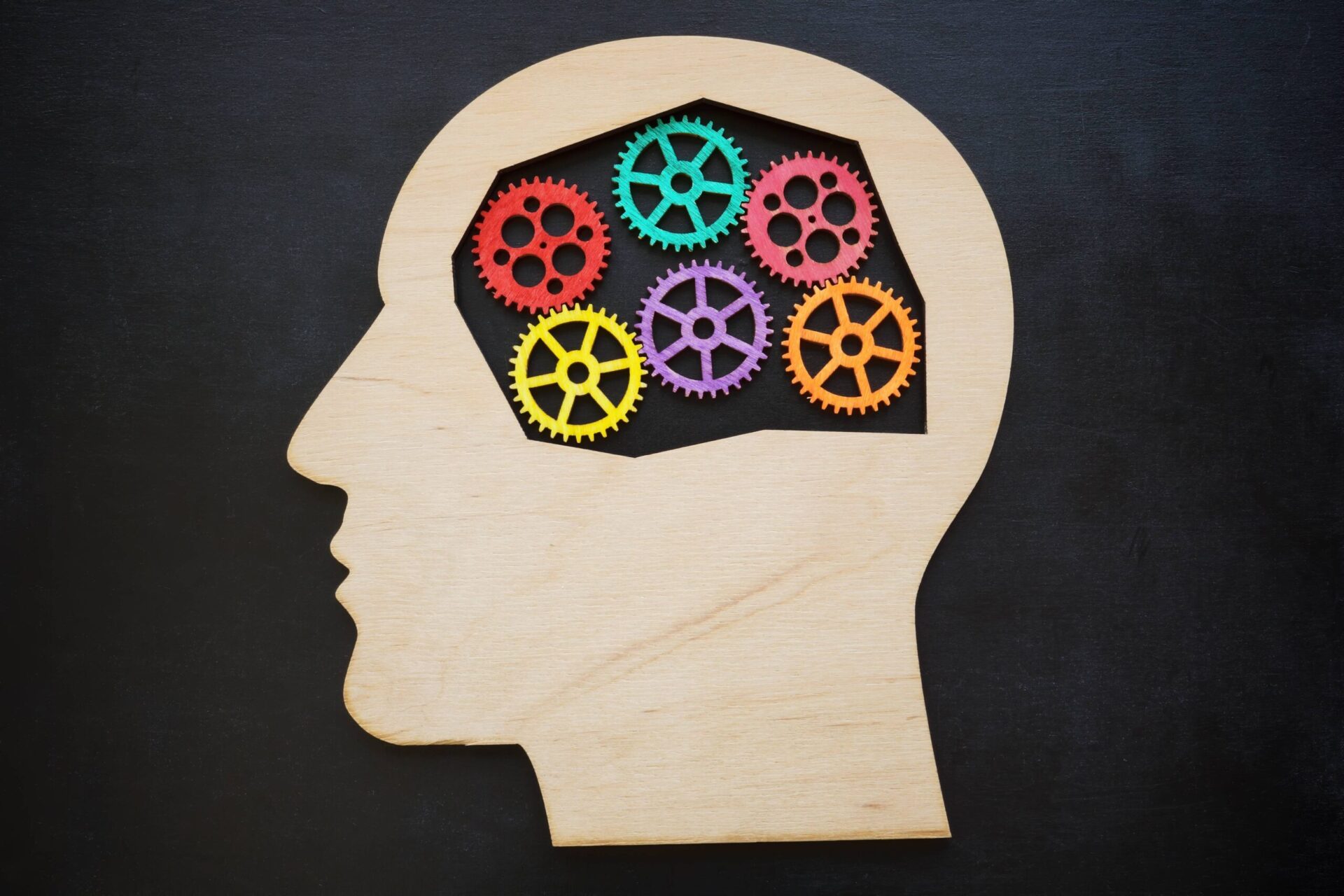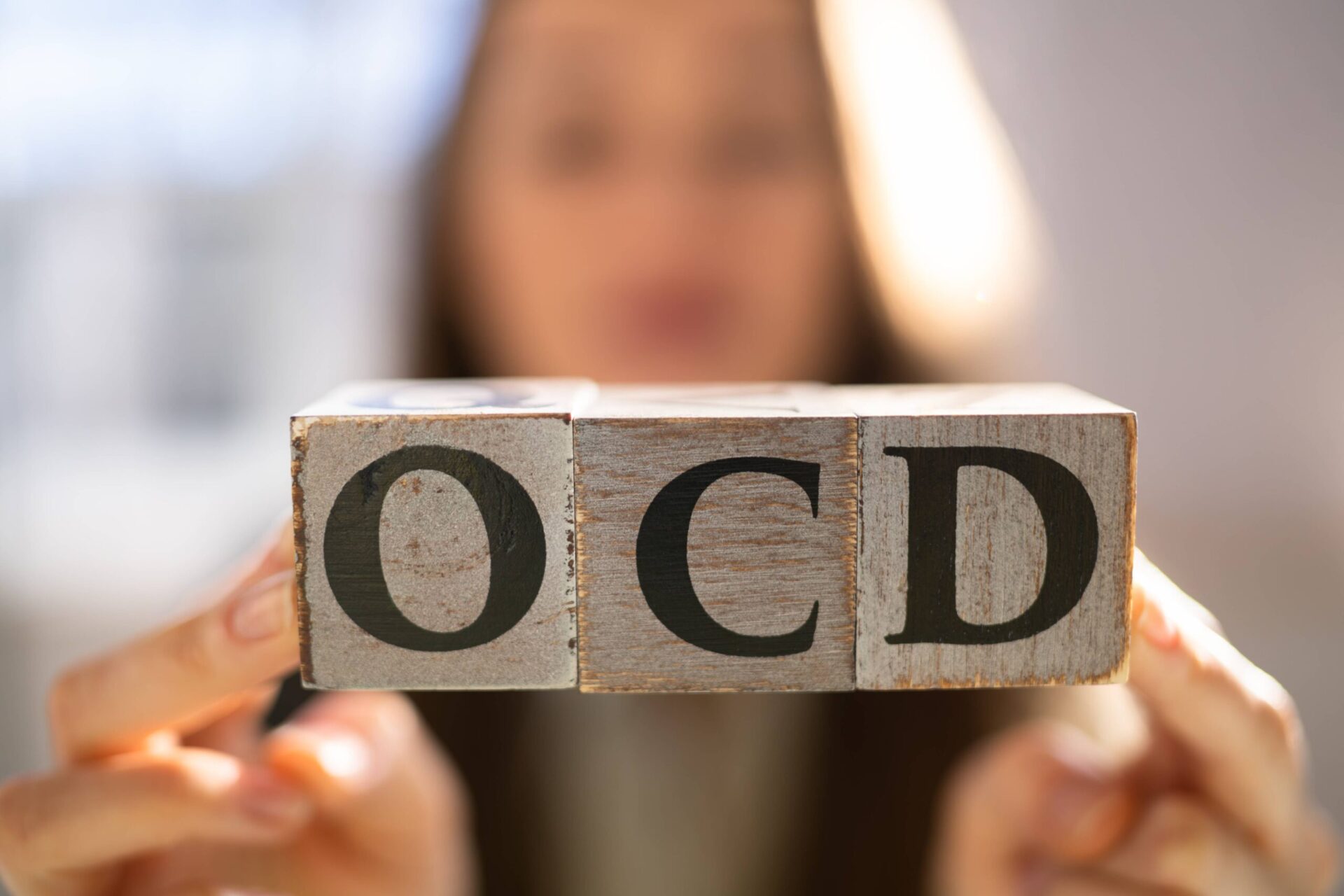In our fast-paced world, stress has become a common yet challenging part of many people’s lives. Cognitive Behavioural Therapy (CBT) offers a practical and effective approach to managing stress. This blog post delves into the core principles of CBT and how it can help you alter negative thought patterns, ultimately providing you with actionable strategies to cope with stress more effectively.
Understanding Cognitive Behavioural Therapy
Cognitive Behavioural Therapy is a form of psychotherapy that focuses on identifying and altering dysfunctional thought patterns, behaviours, and emotional responses. It’s based on the concept that our thoughts, feelings, and actions are interconnected, and that changing negative thoughts and behaviours can lead to changes in our feelings and emotional state.
CBT and Stress Management
CBT is particularly effective in stress management as it helps individuals understand the source of their stress, identify their stress responses, and develop healthier ways to cope.
Identifying Negative Thought Patterns
A core aspect of CBT is recognizing negative thought patterns that contribute to stress. These might include tendencies to anticipate the worst, overgeneralize from one event, or underestimate your ability to cope.
Techniques in CBT for Stress
- Cognitive Restructuring: This involves challenging and changing irrational beliefs and replacing them with more realistic and positive thoughts.
- Mindfulness and Relaxation: Techniques like deep breathing and meditation can reduce the physiological symptoms of stress.
- Problem-Solving: Learning to approach problems systematically can reduce the stress associated with feeling overwhelmed.
- Behavioural Activation: Engaging in rewarding activities to improve mood and reduce stress.
Applying CBT in Daily Life
Self-Monitoring: Keep a diary of stressful events, your thoughts about them, and your reactions.
Goal Setting: Set realistic and achievable goals to improve your ability to manage stress.
Practice Relaxation: Regularly practice relaxation techniques like deep breathing or mindfulness.
CBT for Specific Conditions
Anxiety and Seasonal Depression Disorder: Helps in managing symptoms and reducing the impact on daily life.
Postnatal Depression and Relationship Issues: CBT can be effective in addressing the stress and emotional challenges associated with these conditions.
Seeking Professional Help
While self-help CBT techniques can be beneficial, working with a professional therapist, including an online therapist, can provide tailored guidance and support.
CBT offers a practical framework for understanding and managing stress. By identifying negative thought patterns and adopting healthier coping strategies, you can significantly improve your ability to handle stress and enhance your overall well-being.
FAQs
How long does it take to see results from CBT?
The time frame varies, but many people notice improvements within a few weeks of consistent practice.
Can CBT be used for all types of stress?
Yes, CBT is versatile and can be adapted to a wide range of stressful situations.
Is online CBT effective?
Yes, online CBT can be as effective as in-person therapy, offering flexibility and accessibility.







